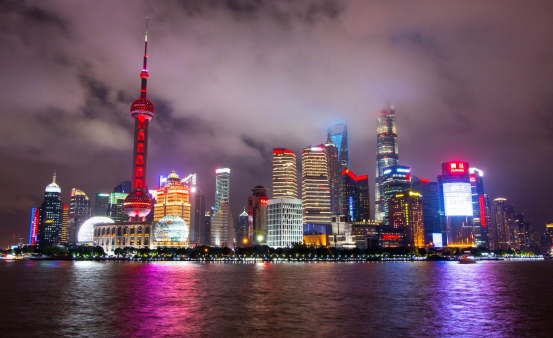
2020 tipped to be the worst year for China's retail savings and investments
Losses will affect China’s high net worth segment significantly.
The Chinese retail savings and investments market is set to report its worst year since the 2008 global financial crisis (GFC), as the economic impact of the coronavirus pandemic disrupts the domestic economy and trade partners globally, according to data and analytics firm GlobalData.
As a result, the growth of the retail savings and investments market is expected to slow to 3.3% in 2020, down from earlier estimates of 4.7% in January. GlobalData’s previous forecasts considered the domestic impact on China but not the global impact.
Growth in deposits will be modest in 2020 due to little government support, whilst households would have to use their savings given the trying times, said Ravi Sharma, senior banking and payments analyst at GlobalData.
“Bond growth will surge as investors seek the stable return of fixed income products. Equities however, will decline in 2020 by 20%. This is due to Chinese stock markets tumbling once COVID-19 became a pandemic in March. Furthermore, due to the prevalence of equity funds in China, mutual funds are expected to largely mirror the decline in equities forecasts,” noted Sharma.
A possible second wave of the virus pandemic later in the year, when restrictions have been fully lifted, remains a probable risk. This remains the largest threat to the market, according to GlobalData.
“As the first country to enter and exit full lockdown, China’s 2020 growth is most at risk from a second-wave outbreak, which weighs heavily on the expected full-year growth,” added Sharma.
The impact is expected to be significant on China’s high net worth (HNW) sector, as individuals will struggle to accumulate wealth in the immediate future.
“The disruption to global demand will weigh heavily on the wealth market in China, even as it gets back to work. Wealth managers should be aware that many of their affluent and HNW clients will have their hands full dealing with the negative impact of the crisis on their businesses, in addition to any losses to their investment portfolio,” explained Sharma.
Photo courtesy of Pexels.com






















 Advertise
Advertise








